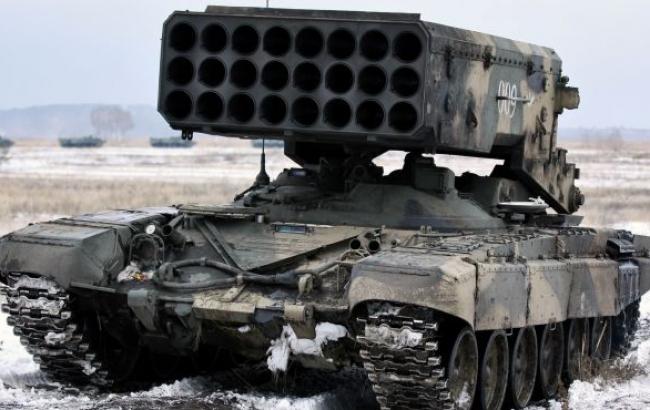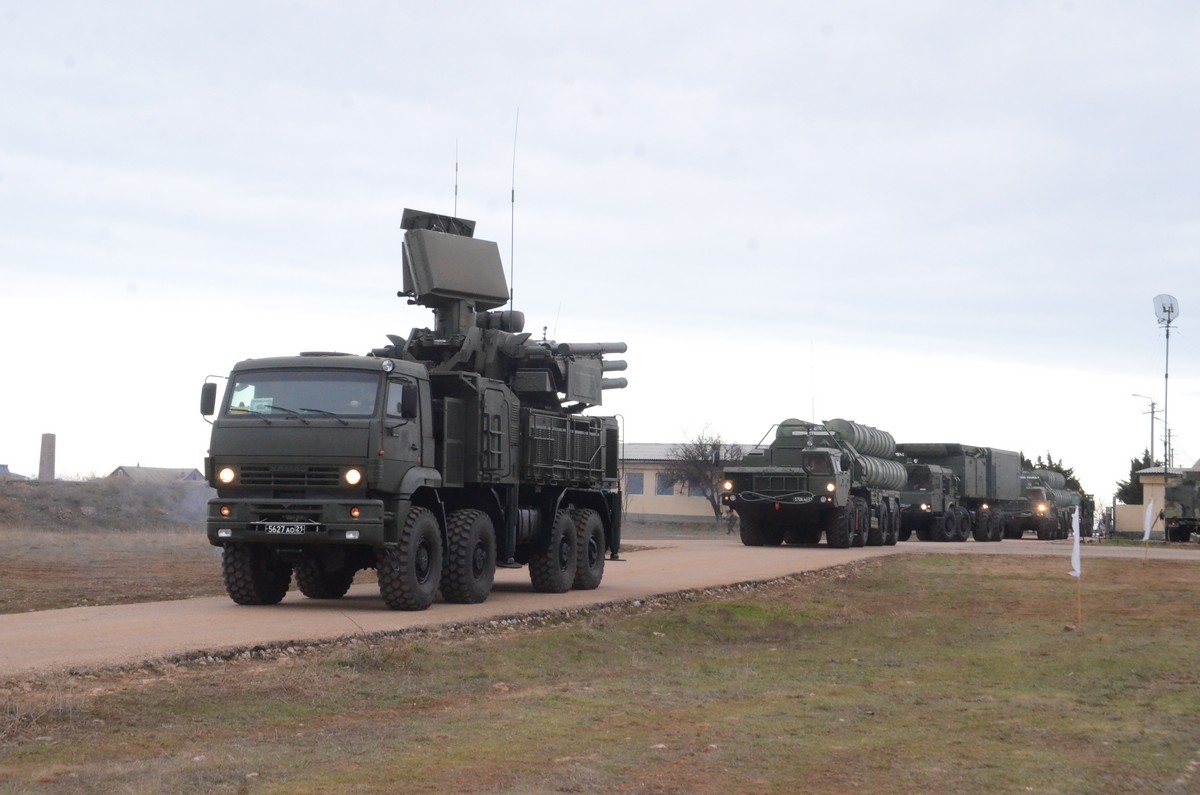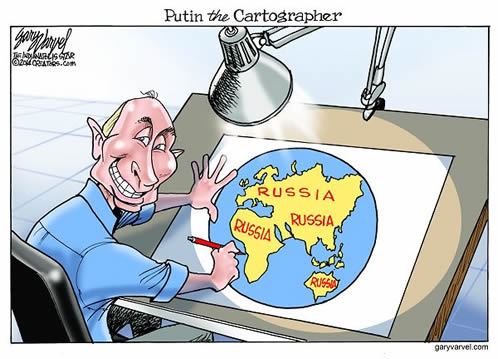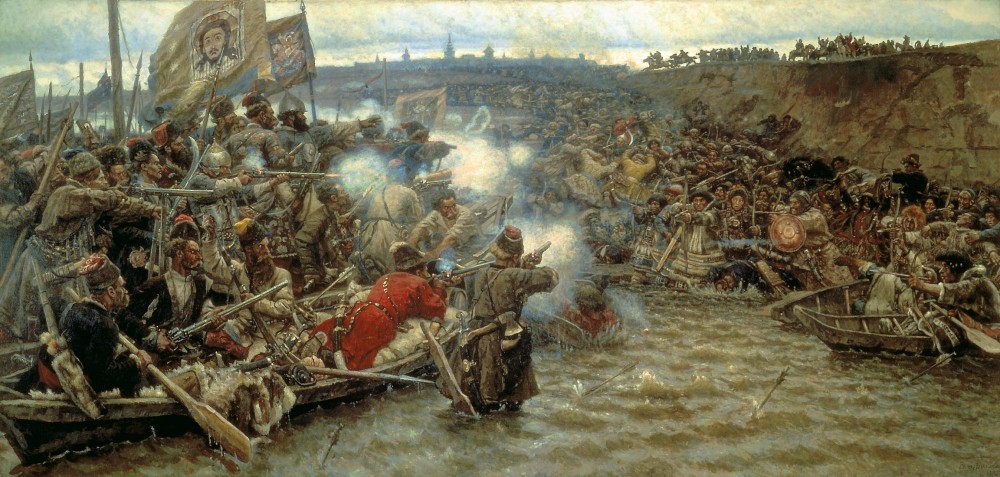Vladimir Putin is listening both to “a peace party” within his administration and “a war party,” responding positively first to the appeals of the first that Russia cannot afford an arms race and saying there won’t be one and then positively to the arguments of the second that Russia must be ready to defend itself, according to Pavel Felgenhauer.

The peace party, which includes Finance Minister Anton Siluanov, Central Bank chief Elvira Nabiullina, Presidential assistant Andrey Belousov, and former Finance Minister Aleksey Kudrin, argues that Russia must cut military spending to meet social needs and thus must reduce tensions with the West, the military expert writes for the Ukrainian news site Apostrophe.ua.
Without such steps, they say, “the economy simply won’t grow.” On occasion, Putin has appeared to agree with them, saying in response to the new tough line from Washington that Russia “will not be dragged into an arms race [because] we are smarter than that. But,” Felgenhauer continues, “this means nothing.”
It argues that Russia must re-arm because it is “surrounded by enemies” who may attack at any moment” because “the threat of such action is growing. There is no other way to block the aggression of America except with murderous new kinds of arms.”
They also dismiss arguments that defense spending killed the USSR and could kill Russia. That is possible but it won’t happen tomorrow or indeed anytime soon as long as Russia has oil, gas, metals and so on to sell. These things “will always have value;” and consequently, the economy may not be growing but under conditions of stagnation, “it is possible to live.”
Putin “balances between” these two, saying “yes, we must spend everything on people … and at the same time saying we must be well defended.” Felgenhauer says that he personally “doesn’t know how these things can be combined.” But the debate can go on for sometime as Russia is going to survive for a long time yet unless something unexpected happens.
The independent Russian military analyst concludes by noting that he just returned from a conference in Vilnius on international security where Western participants suggested that the conflict with Russia “will last another two generations, that is 50 years.” And this suggests that the West is ready for “a long cold war.”

And in this second cold war, Felgenhauer continues, Ukraine is going to be on the front lines much as West Berlin was in the first – “or even worse like Vietnam or Afghanistan,” places where the two sides in the earlier conflict tested themselves.
Read More:
- Russians far more imperialist now than they were in Soviet times, Cossack historian says
- Russian media have published 20 different narratives on Skripal poisoning
- Propaganda – the opiate of the masses in Putin’s Russia
- Putin is uniting Europe
- Putin may soon make ‘veterans of hybrid wars’ new symbol of Russia’s future, Shtepa says
- Blacksmith, legionnaire, brother of fallen Cyborg: 3 soldiers of Donbas Battalion fighting close to home
- Bolton’s appointment ‘a positive signal for Ukraine,’ Portnikov says
- Free Idel-Ural Movement takes shape in Kyiv
- A student from Ukraine’s Donbas who lived through war
- Little green men: the annexation of Crimea as an emblem of pro-Kremlin disinformation
- Behind the smokescreen: who are the actors spreading disinformation on ex-Russian spy Skripal?






